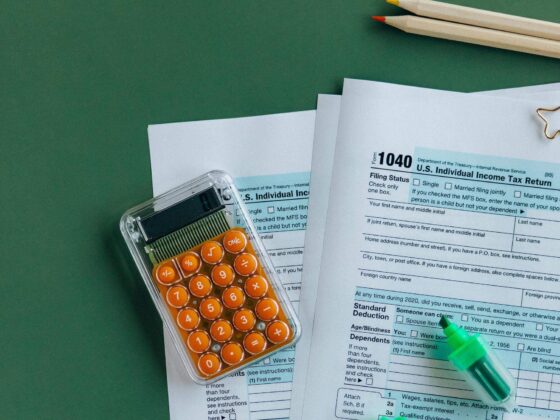Your credit report plays a crucial role in your financial life. It impacts your ability to get loans, credit cards, and even affects your rental and job applications. Understanding your credit report is essential for maintaining good financial health. In this blog post, we’ll break down the components of a credit report, how to read it, and why it’s important to regularly review and understand your credit report.
What is a Credit Report?
A credit report is a detailed record of your credit history, compiled by credit reporting agencies (CRAs). In the United States, the three major CRAs are Equifax, Experian, and TransUnion. These agencies collect information from various sources, including lenders, credit card companies, and public records, to create your credit report.
Key Components of a Credit Report
- Personal Information:
- Your name, address, Social Security number, date of birth, and employment information.
- It’s important to ensure this information is accurate and up-to-date.
- Credit Accounts:
- A list of your current and past credit accounts, including credit cards, mortgages, car loans, and other loans.
- Details include the account type, date opened, credit limit or loan amount, account balance, and payment history.
- Credit Inquiries:
- Hard Inquiries: Occur when you apply for credit and a lender checks your credit report. Too many hard inquiries can negatively impact your credit score.
- Soft Inquiries: Occur when you check your credit report or a lender checks it for pre-approval offers. Soft inquiries do not affect your credit score.
- Public Records:
- Information about bankruptcies, foreclosures, tax liens, and civil judgments. These can significantly impact your credit score and remain on your report for several years.
- Collections:
- Accounts that have been sent to collections due to non-payment. Collections can severely damage your credit score.
How to Read Your Credit Report
Step 1: Obtain Your Credit Report
You are entitled to one free credit report per year from each of the three major CRAs through AnnualCreditReport.com. During the COVID-19 pandemic, you can access your reports weekly for free.
Step 2: Review Personal Information
Ensure all personal information is accurate. Errors can lead to confusion and potential identity theft.
Step 3: Check Credit Accounts
Verify the details of each credit account. Look for:
- Accuracy: Ensure the account details, balances, and payment histories are correct.
- Unknown Accounts: If you see accounts you don’t recognize, it could indicate identity theft.
- Payment History: Make sure your payment history is accurately reflected. Late payments can negatively impact your credit score.
Step 4: Examine Credit Inquiries
Review the list of inquiries. Too many hard inquiries can lower your credit score, so ensure that all hard inquiries are authorized and expected.
Step 5: Scrutinize Public Records and Collections
Look for any public records or collections listed on your report. If any information is incorrect or outdated, dispute it with the credit bureau.
Why Regularly Reviewing Your Credit Report is Important
- Identify Errors:
- Mistakes on your credit report can lower your credit score and affect your ability to obtain credit. Regularly reviewing your report allows you to spot and dispute errors.
- Detect Identity Theft:
- Reviewing your credit report can help you identify unauthorized accounts or inquiries, indicating potential identity theft. Early detection can mitigate damage.
- Monitor Credit Health:
- Regularly checking your credit report allows you to monitor your credit health, track your progress, and identify areas for improvement.
- Prepare for Major Purchases:
- If you’re planning to buy a house or a car, checking your credit report can help you understand your creditworthiness and negotiate better loan terms.
How to Dispute Errors on Your Credit Report
If you find errors on your credit report, it’s crucial to dispute them promptly. Here’s how:
- Contact the Credit Bureau:
- Write a letter to the credit bureau that provided the report with the error. Clearly identify the error and provide evidence to support your claim.
- The credit bureau is required to investigate your claim within 30 days.
- Contact the Creditor:
- If the error involves a specific creditor, contact them directly to correct the information.
- Follow Up:
- After the investigation, the credit bureau will provide you with the results and a free copy of your corrected credit report if a change is made.
Conclusion
Understanding your credit report is essential for managing your financial health. Regularly reviewing your credit report helps you detect errors, monitor your credit health, and prepare for major financial decisions. By staying informed and proactive, you can maintain a strong credit profile and achieve your financial goals. Remember, your credit report is a reflection of your financial behavior, so it’s crucial to manage it wisely.





